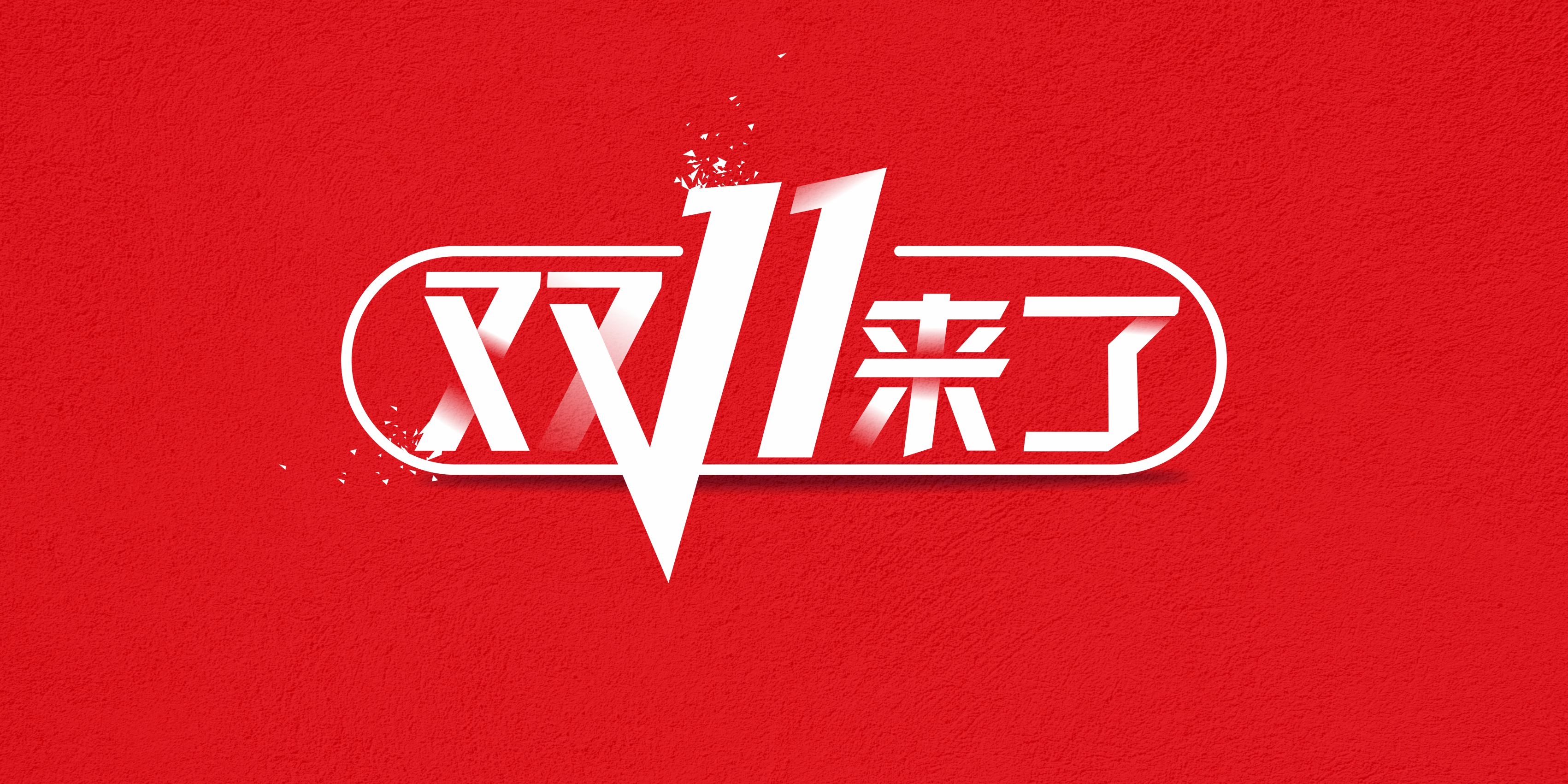
Generation Z—consumers born between the mid-1990s and the early 2010s—have become the main force of this year’s Singles’ Day shopping festival and exhibited huge enthusiasm for domestic products, industry analysts said.
Chinese e-commerce giant JD said fashionable and new categories of products favored by Gen Z surged(激增) 300 percent year-on-year in the first four hours of the final promotion, which started at 8 pm on Wednesday. The number of Gen Z who purchased clothes on JD’s online marketplace was 3 times that of last year.
The number of the post-1990 generation accounted for more than 50 percent of total consumers in health-related consumption, including fitness, nutrition supplements, image management and sleep improvement, with sales of protein powder rising nearly 10 times in the first four hours, according to JD.
The guochao trend—the rise of homegrown brands that put Chinese cultural elements into their design or branding—is gaining popularity among young consumers, experts said. “Overseas sales of domestic sportswear brand Erke rose by over 700 percent during the shopping gala,” said Tmall, the business-to-customer site operated by Alibaba. Homegrown small household appliances, furniture, hanfu or traditional Chinese clothes, gained popularity among overseas consumers.
“Young Chinese shoppers are gradually growing a sense of national pride, and Gen Z are no longer seeking costly foreign brand names purely for social status,” said Kenny Yao, a director at global consulting firm AlixPartners in Shanghai.
Market consultancy(咨询公司) iResearch said Gen Z consumers were born after the emergence of the Internet. They have grown up in a virtual and diverse environment, and formed a strong sense of individuality, stimulating the willingness to pay for the additional value of products, and stay on top of trends in society.
Zhao Ping, deputy head(副院长) of the Beijing-based Academy of CCPIT, said young Chinese are more globally minded and enthusiastic about homegrown products compared with previous generations. “Gen Z consumers also have higher recognition of Chinese traditional culture and are fully confident in China’s new development pattern,” said Zhao, adding they are set to become the most important part of China’s next powerful consumption group.
本时文内容由奇速英语国际教育研究院原创编写,未经书面授权,禁止复制和任何商业用途,版权所有,侵权必究!(作者投稿及时文阅读定制请联系微信:18980471698)
1.What can we infer from Paragraphs 2 and 3?
A Gen Z prefer fashionable and health-related products.
B Gen Z bought fewer clothes than they did last year.
C The post-1990 generation pay most attention to health.
D JD achieved its sales target in the first four hours.
解析:选C。C 细节理解题。根据第三段可知,90后消费了健康相关产品的50%以上,而不是Gen Z,故A项不正确;根据第二段最后一句可知Gen Z比去年买的服装类多三倍,故B项不正确;根据第三段可知,在健康相关领域,90后占消费者总数的50%以上,说明90后最注重健康,C项正确;文中只提到前四个小时消费者的购买商品的数量,并没说京东(JD)的销售目标,D项不正确。故选C。
2.Which word can replace the underlined word “homegrown” in the fourth paragraph?
A Fashionable.
B Domestic.
C Time-honored.
D Traditional.
解析:选B。B 词义猜测题。根据第四段guochao(国潮)、Chinese cultural elements以及domestic等关键词,并结合本段段落大意“国潮带动国货的发展”,可推断homegrown意思应为“国产的”,故选B。
3.According to iResearch, what directly promoted Gen Z’s willingness to keep pace with fashion trend?
A The sense of national pride.
B The pursuit of social status.
C The emergence of the Internet.
D The strong sense of individuality.
解析:选D。D 细节理解题。根据第六段可知,互联网的出现使得Z世代成长在一个虚拟多样的环境中,从而使他们形成了强烈的个性意识,这激发了他们为产品附加价值付费和紧跟社会潮流的意愿。故选D。
4.What’s Zhao Ping’s attitude toward Gen Z?
A Critical.
B Appreciative.
C Indifferent.
D Disappointed.
解析:选B。B 推理判断题。最后一段中赵平副院长认为Z世代消费者对中国传统文化的认知度较高,对中国新的发展模式充满信心,并表示他们将成为中国下一个强大消费群体中最重要的组成部分,由此可知他对Z世代是赞赏的,故选B。